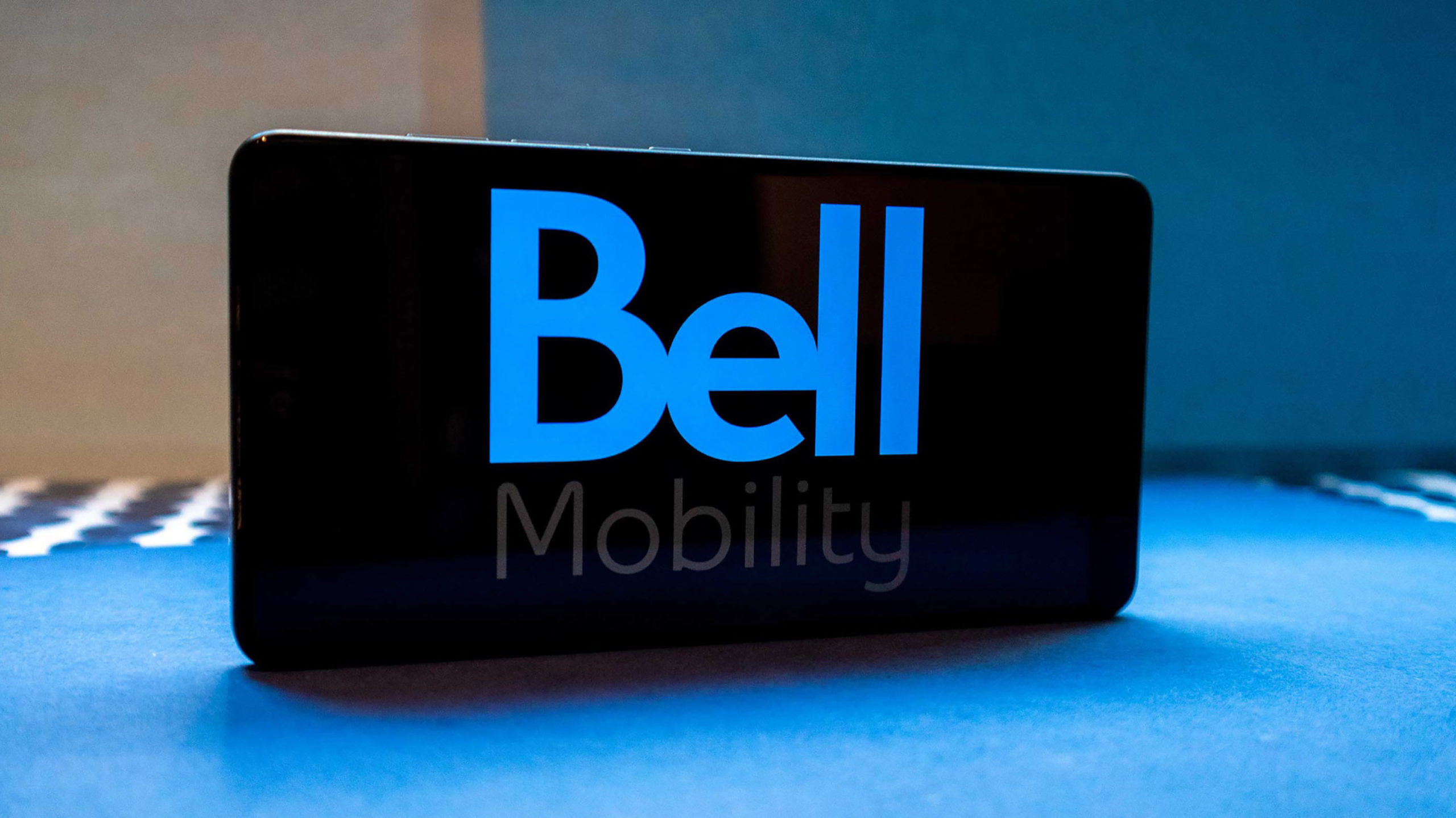
Bell has argued that mandating access for MVNOs would not be in the public’s interest and would undermine investment.
“There’s no evidence that mandating access for MVNOs in Canada would bring material benefits to consumers that are not already being achieved through facilities-based competition,” the carrier said during the CRTC’s public hearings.
As part of the public hearings, the CRTC is considering whether MVNOs (mobile virtual network operators) should have mandated access to wireless service providers’ networks. MVNOs are providers that don’t have an established network, and instead rent access to existing networks.
“Where is the evidence to warrant such an intrusive regulatory measure?” the carrier asked the commission during the hearing.
The carrier argued that the wireless market is already competitive, and that facilities-based competition is continuously driving the carrier to invest and differentiate itself for market share.
Bell claimed that prices are falling and the market is being transformed by unlimited plans.
“All of the MVNO proposals put forward in this proceeding have this same fundamental problem: once you adopt a resale model, investment stalls, innovation lags, network quality suffers, and areas outside large urban centres fall further behind,” the carrier said.
Further, Bell executives said that research conducted by consulting firm Charles Rivers Associates calculated that an MVNO access mandate would reduce wireless investment by almost $500 million CAD annually.
Interestingly, Bell was questioned whether it introduced its unlimited plans in June 2019 because it was worried about the threat of future regulation. The carrier responded stating that it introduced the plans in response to competition.
Bell is referencing Rogers, which launched its Infinite unlimited plans on June 13th, 2019. The carrier says this is an example of the competitive market, and that no one in the market gets an edge.
One of the concerns raised by the CRTC during the hearing was that consumers don’t seem to know what carriers own which flanker brand. For instance, Bell owns Virgin Mobile and Lucky Mobile, but the CRTC says that many consumers likely aren’t aware of this.
Further, the carrier was asked what it thought about the idea of a 30 to 90 day ban on carriers contacting consumers about ‘win-back’ offers, which was suggested by Shaw. Bell said that it would not be a good idea to ban win-back offers because it’s good for consumers and offers choice.
Bell also disagreed with the commission when it suggested that there might be a problem with the visibility of its low-cost plans across its flanker brands.
The carrier also noted that new entrants like Freedom and Vidéotron have been able to successfully expand their models, and that competition is already high. Bell also claimed that overage charges are quickly becoming a thing of the past, and that the price per gig is projected to drop.
MobileSyrup may earn a commission from purchases made via our links, which helps fund the journalism we provide free on our website. These links do not influence our editorial content. Support us here.


